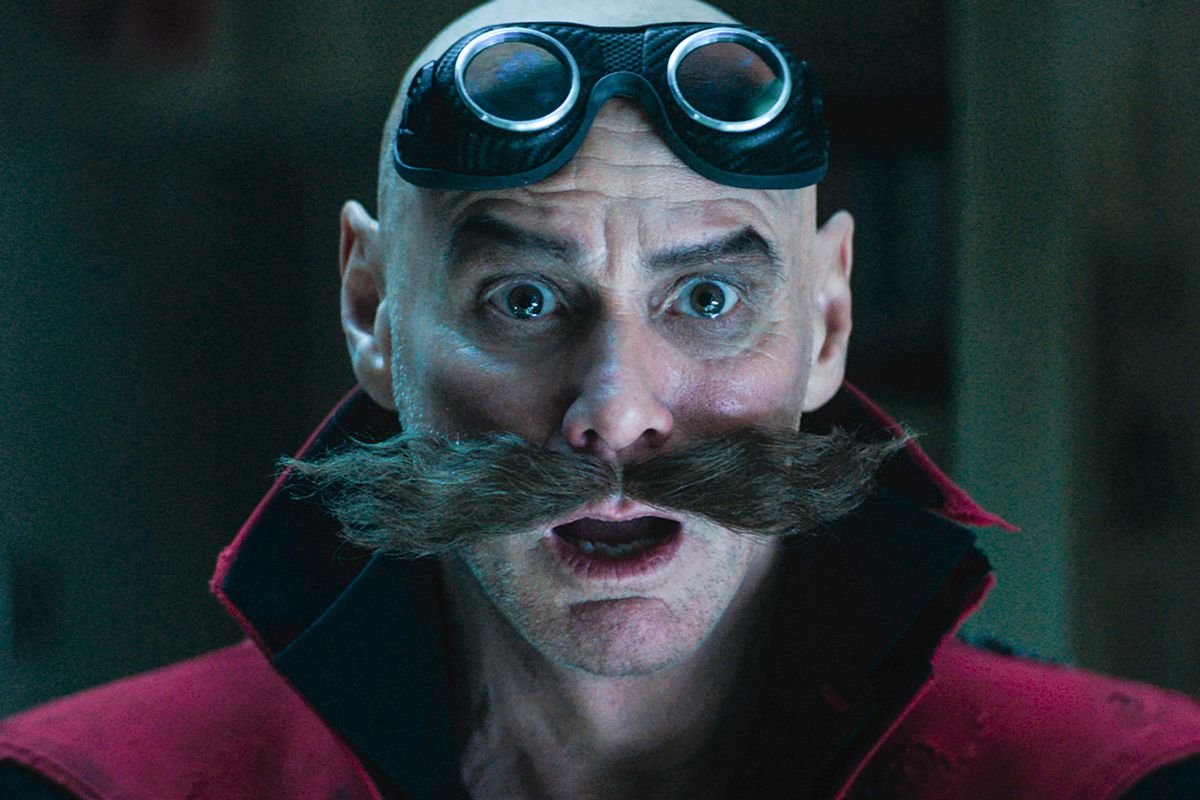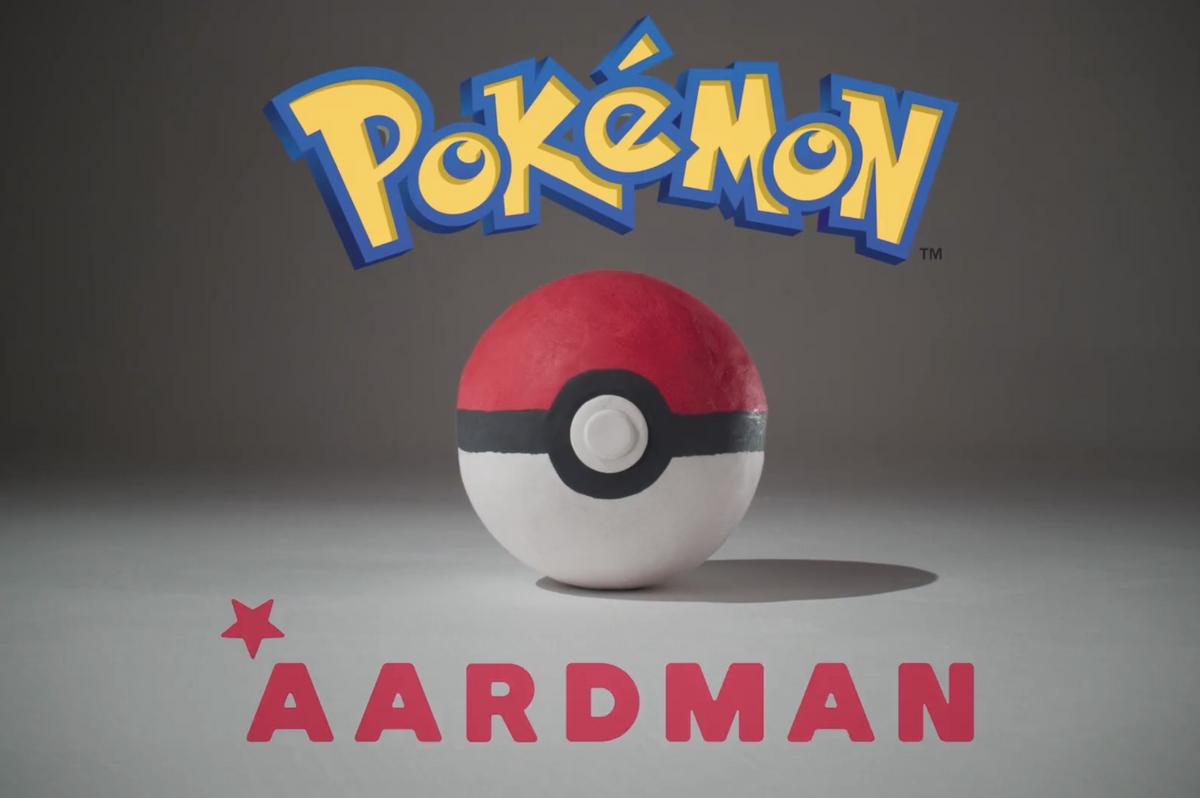The Renaissance era, a period that spanned the 14th to the 17th century, was a time of profound cultural awakening, expanding horizons of knowledge, and immense intellectual innovation. It breathed life into a world previously paralyzed by the Middle Ages’ relatively stagnant intellectual climate, acting as a catalyst for the transition into the era of enlightenment and modernity. The Renaissance was not only a historical watershed moment, but it also continues to exert transformative influences on modern culture today.
The Renaissance emerged as a bridge between the Medieval and Modern periods, in tandem with Europe‘s liberation from the Dark Ages. It marked a riveting age of rediscovery of Greco-Roman classics, infusion of humanistic philosophy, dramatic advancements in the art and science and the advent of the printing press. These unprecedented developments forged a new paradigm for human intellectual potential.
Art was one of the main spheres which was dramatically transformed in the Renaissance. It revolutionized the then-prevailing Gothic and Byzantine styles, introducing new techniques such as the use of linear perspective, chiaroscuro, and anatomically accurate human figures. Artists like Leonardo da Vinci, Michelangelo, Raphael, and Titian, redefined the essence of visual culture through their influential works such as the Mona Lisa, the Sistine Chapel ceiling, and the School of Athens significantly shaping Western art history.
These artistic practices and techniques continue to profoundly influence contemporary visual culture. Artists still study the works of Renaissance masters to understand the principles of painting, sculpture, and design. Moreover, the Renaissance art also emphasized the idea of art being an intellectually engaging activity, as opposed to just a craft. This concept continues to inform the modern perception of artists as intellectual contributors to society.
In the realm of literature, the Renaissance era introduced new forms and ways of storytelling that still influence current literary practices. William Shakespeare, perhaps the most famous figure from the Renaissance, introduced enriched character development, complex narratives, and made the English language a prolific medium for drama and poetry. Today, his works remain integral to education curriculums worldwide, highlighting the enduring legacy of the Renaissance literary practice.
Arguably, the most transformative invention of the Renaissance era was Gutenberg’s printing press. By making books more accessible, it democratized knowledge, making it possible for wider circles of society to participate in intellectual discourse. This progressional trend towards democratizing access to information is epitomized today in the advent of the internet, a modern parallel to the revolution ignited by the Renaissance printing press.
Philosophically, Renaissance set the precedent for the modern secular worldview. The rise of Humanism, a philosophical approach that emphasized human potential and achievements, effectively shifted focus away from the predominantly religious concerns of the Middle Ages. It laid foundations for the modern secular viewpoint, foregrounding individual human rights, faith in human reason, and the pursuit of learning for its own sake.
From a broader perspective, the Renaissance era kindled essential values like innovation, individualism, critical thinking, and human potential that are still valued in modern culture. Whether it is the adaptations of Renaissance artworks, the performance of Shakepearean plays, the persistence of humanist thought, or even the mass production of books, our lives are still intertwined with the innovations of the Renaissance.
The Renaissance was a dynamic phase of intense intellectual and cultural rejuvenation that profoundly shaped the trajectory of Western civilization. Its echoes resonate powerfully in the current era, shaping contemporary arts, literature, philosophy, and the way we interact with information. The age of the Renaissance gave birth to the modern world as we know it, and understanding it further elucidates the foundations upon which our modern culture is built. Hence, the Renaissance far surpasses a mere historical period; it is an ongoing dialogue with the past and the basis for our evolving culture.



Leave a Comment